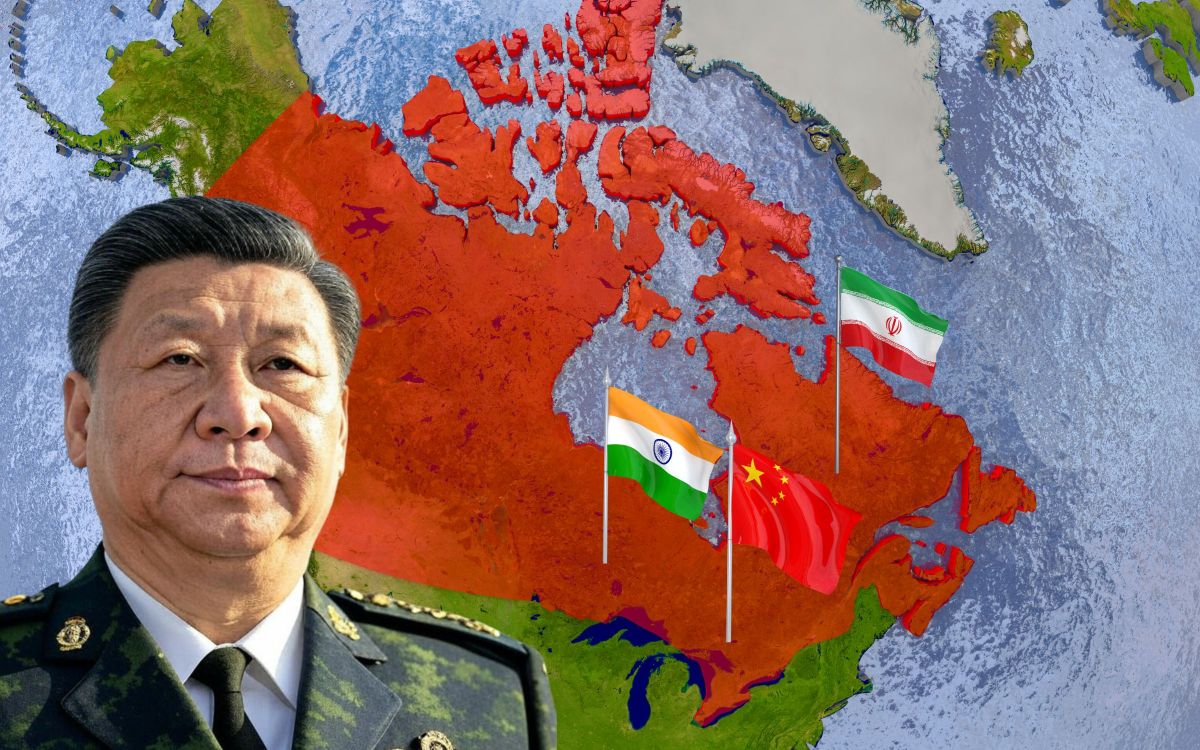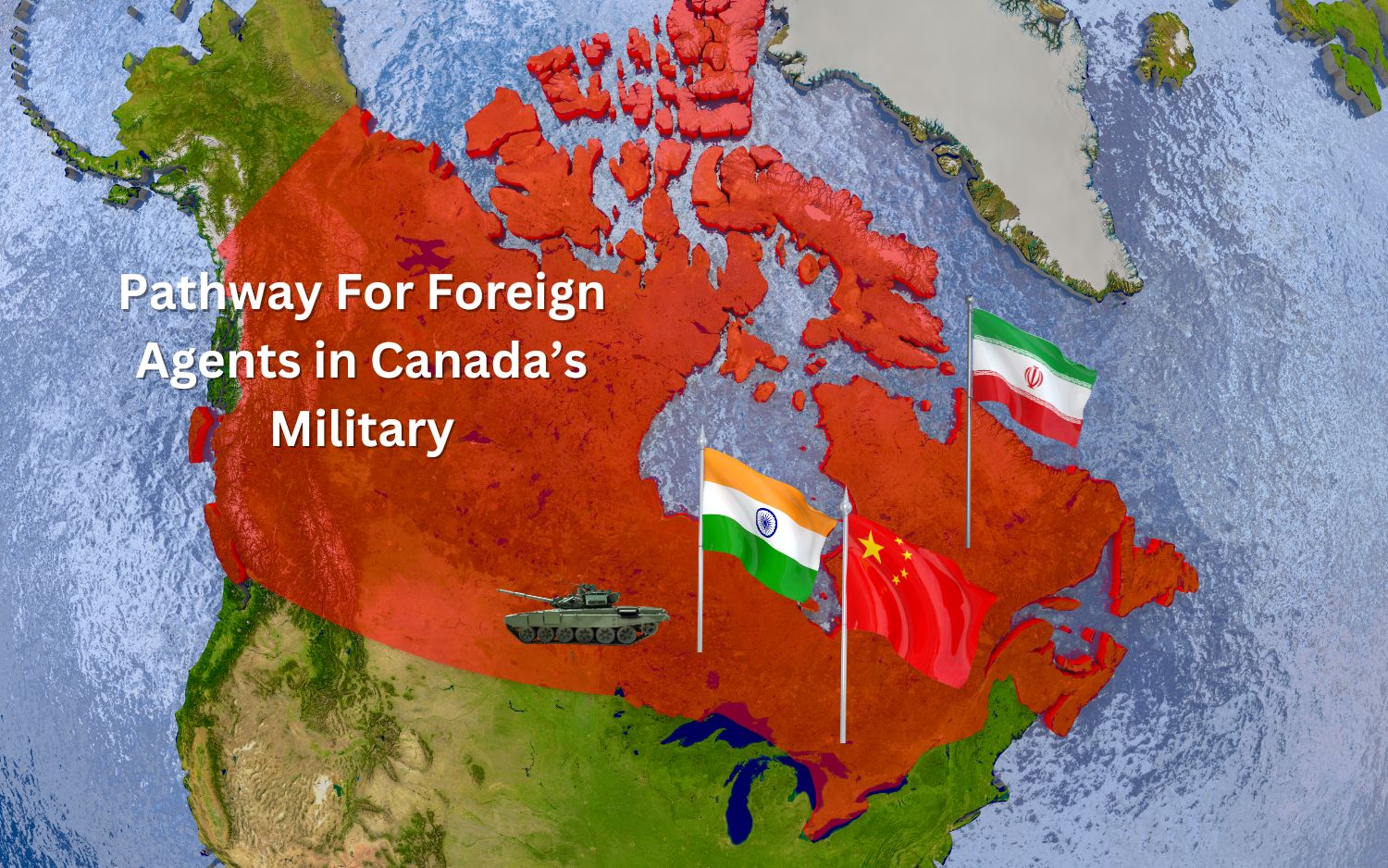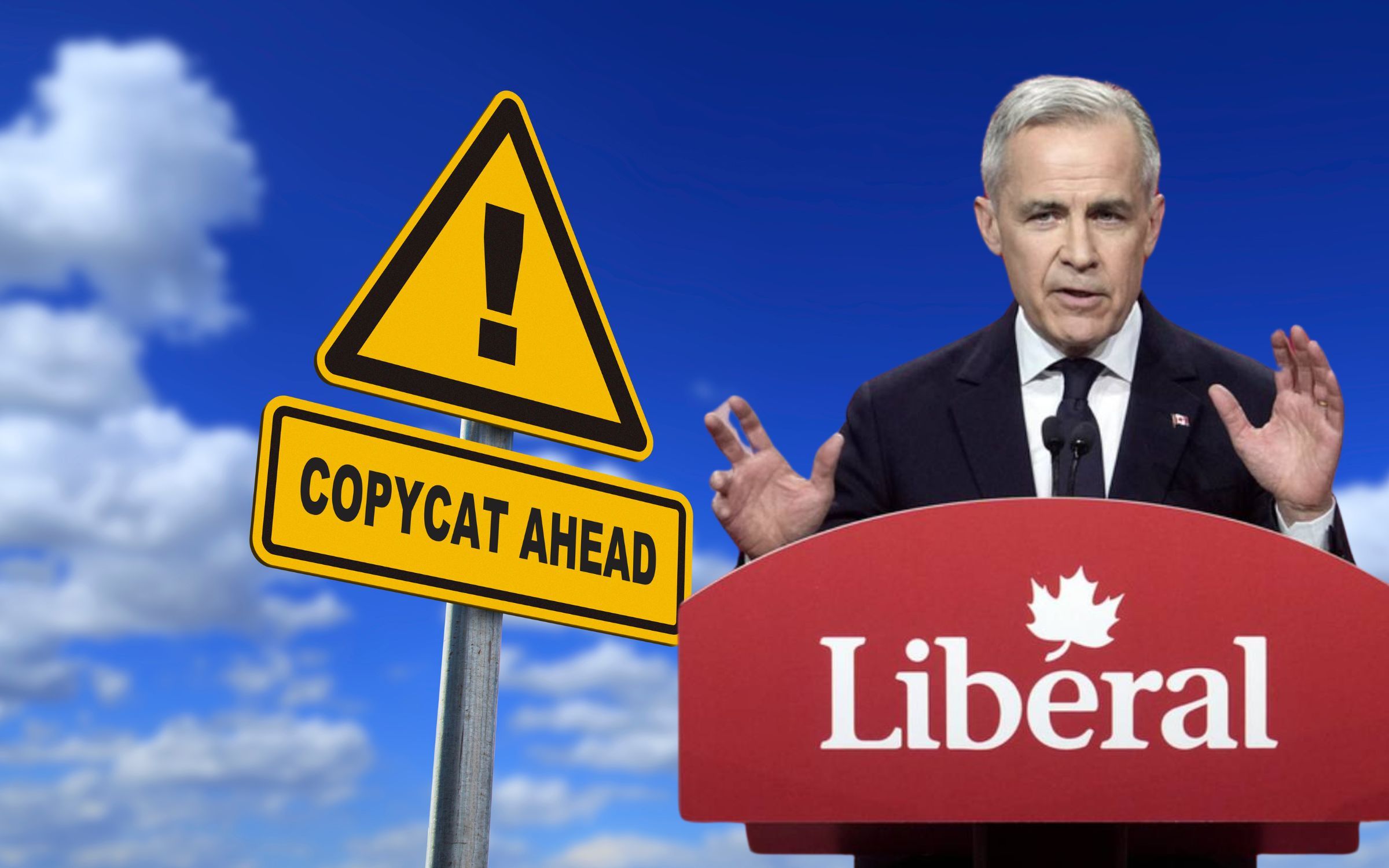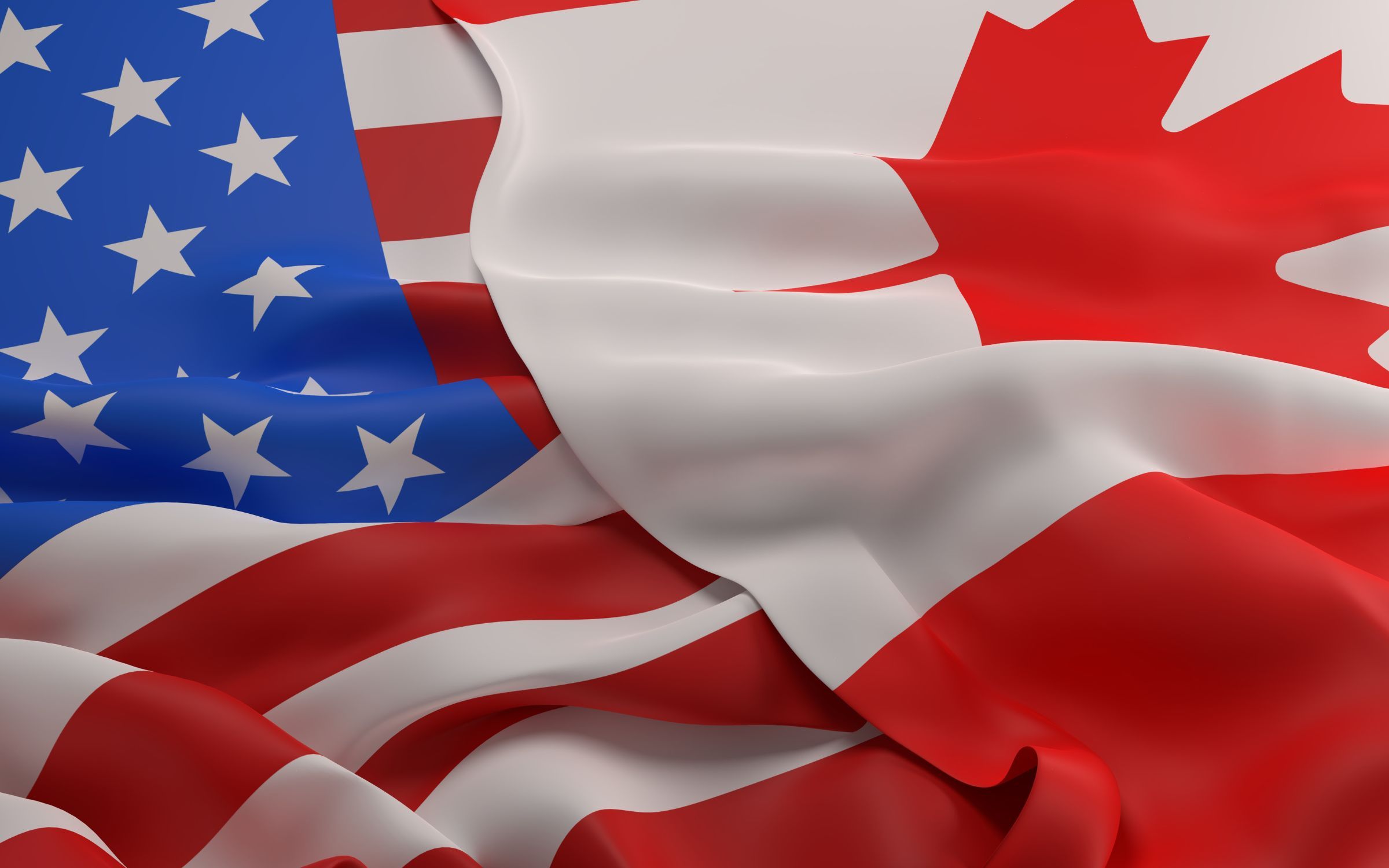China’s Infiltration of the Canadian Government and the Dangerous Precedent of Foreigners in the Military

Page 1 of 2
In recent years, evidence has mounted suggesting that the People’s Republic of China (PRC) has engaged in a sophisticated campaign to infiltrate and influence Canadian governmental institutions. From election interference to espionage targeting politicians, this pattern of behavior has raised alarm bells among security experts and policymakers.
The Canadian government’s recent announcement allowing foreigners to join its military adds a new and troubling dimension to this issue, potentially opening the door for adversarial nations like China, Iran, and India to embed agents within Canada’s armed forces. This development sets a dangerous precedent for North American security, threatening not only Canada’s sovereignty but also the broader stability of the continent.
A History of Infiltration
Canada has long been viewed as a prime target for Chinese influence operations. The Canadian Security Intelligence Service (CSIS) has repeatedly warned that the PRC is the "foremost perpetrator" of foreign interference in the country, employing tactics ranging from disinformation campaigns to clandestine funding of political candidates. Reports from CSIS, corroborated by media investigations, indicate that China interfered in the 2019 and 2021 federal elections, aiming to bolster candidates perceived as "pro-PRC" or neutral on issues critical to Beijing’s interests. These efforts included leveraging diaspora communities and proxies managed by the Chinese Communist Party’s United Front Work Department to sway electoral outcomes.
Beyond elections, China’s influence has extended into Canada’s political and economic spheres. High-profile cases, such as the targeting of Conservative MP Michael Chong and his family, illustrate how Beijing uses intimidation and coercion to silence critics. Classified CSIS documents have revealed that Chinese intelligence services, including the Ministry of State Security, have sought to compromise Canadian officials traveling to China and have cultivated networks of influence through unreported donations and community organizations. Former CSIS officials, like Michel Juneau-Katsuya, have pointed to decades of overlooked warnings about Beijing’s infiltration efforts, suggesting a systemic failure to address the threat adequately.
This infiltration has not been limited to political circles. The PRC has also been accused of exploiting Canada’s open academic and business environments to acquire sensitive technology and intellectual property, often with military applications. Meanwhile, the Canadian government’s reluctance to impose strong deterrents—such as a foreign agent registry similar to those in the United States and Australia—has emboldened these activities, with CSIS noting that foreign interference remains a "low-risk, high-reward" endeavor in Canada.
The Military Announcement: A New Vulnerability

Against this backdrop, the Canadian government’s decision in late 2024 to allow foreigners to join the Canadian Armed Forces (CAF) has sparked intense scrutiny as it comes into effect as announced today on February 20, 2025. Framed as a solution to recruitment shortages, the policy permits non-citizens with permanent residency to enlist, with a pathway to citizenship after three years of service. While the move ostensibly aims to bolster military readiness, it raises significant security concerns given the documented efforts of adversarial states to penetrate Canadian institutions.
Historically, military service has been a cornerstone of national loyalty and identity, with strict citizenship requirements ensuring allegiance to the state. By relaxing these standards, Canada risks creating an entry point for foreign actors—particularly from nations like China, Iran and India, which have large diaspora populations in Canada and documented histories of espionage. The PRC, with its well-established networks in Canada, could exploit this policy to place agents within the CAF, gaining access to sensitive military intelligence, training, and operational strategies. Similarly, India, while an ally in some contexts, has faced allegations of conducting covert operations in Canada, as evidenced by recent diplomatic tensions over the killing of a Sikh separatist on Canadian soil.










